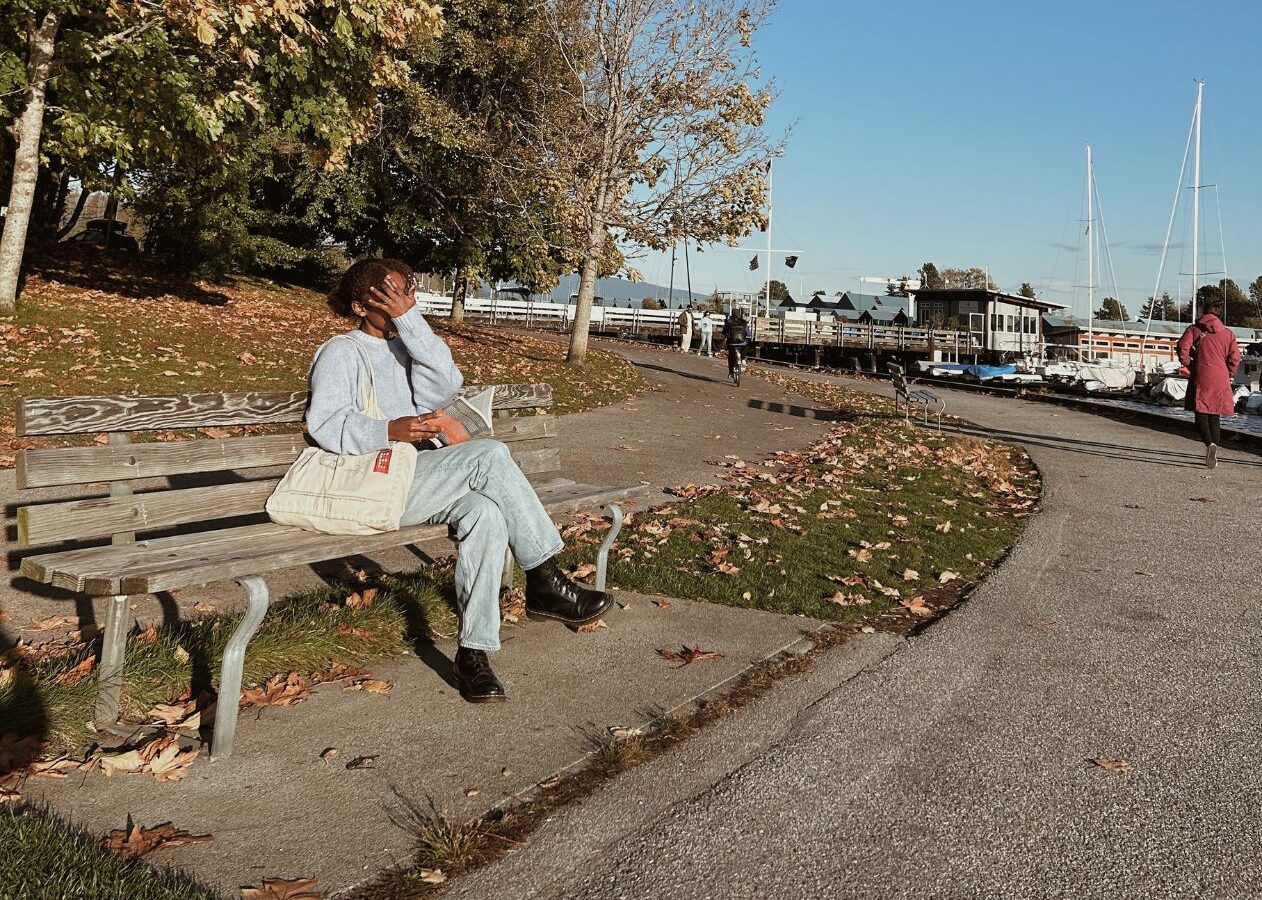Ever since I was teenager, I was drawn to self-help instruction. Whether that be in the form of podcasts, books, or peers who were into self-development, I was there — soaking up as much as I could on ways to improve myself.
This is an admirable trait, especially for a teen. However, many self-help books, podcasts, and discussions later, I began to notice the skewed motivation for my tendency toward self-help: I believed that I was a project that needed constant improvement.
Self-help literature and other forms of personal development content is advertised as having tools to fix a problem on one’s own. Hence, the name self-help; help yourself. To have access to an abundance of information and tools to pull oneself up by their bootstraps is beneficial, but if we’re not careful, we’ll start to develop a mindset that can never be satisfied, one where we’re incessantly seeking problems within ourselves that need to be fixed.
You already are what you want to become. You are a marvel. You are a wonder.
Thich Nhat Hahn
This isn’t to say that seeking ways to grow and become a better version of yourself needs to cease. We should want to evolve into different versions of ourselves that is better than the last. However, personal growth should be prompted from a place of groundedness and desire for expansion, not from a place of lack and a desire to perfect something.
When we have a problem and fix it, we feel a sense of accomplishment and pride after we feel that we have improved or corrected something. This attitude is harmful when carrying it into the way we view ourselves. As soon as we view ourselves as projects that need work until they are perfected, we set ourselves up for a never-ending loop. The fact of the matter is we are not projects, we are humans.
How much help do you really need? There will inevitably be a point when you have to allow yourself to just be, to simply live and be as you are right now. This means letting go of the microscope you have pointed at your flaws and observing where you are in this moment, with no goal, plan, or agenda to change anything about yourself.
No amount of self-improvement is going to make up for the lack of self-acceptance.
Unknown
To forfeit the objective of “fixing” ourselves is a challenge because we’ve likely been subject to other people’s projections or repeated societal messages that taught us that we are somehow not enough. If this is the case, we naturally feel propelled to mend what is broken, right what is wrong.
We will continue to grapple with the need to constantly improve ourselves until we realize that there really is nothing to fix. There only exists a being who will evolve in their own time, in their own way.
“To practice aimlessness is to identify what it is you’re looking for, waiting for, or running after, and let it go,” Thich Nhat Hahn wrote in The Art of Living. “By removing these objects of seeking that are pulling you away from the here and now, you will discover that everything you want is already right here in the present moment. You don’t need to ‘be someone’ or do something in order to be happy and free.”
Simply put: you are already enough. You’ve always been and always will be.
If you enjoyed this blog post, let me know in the comments!
For similar posts, click here.
To stay inspired, follow @ aaliyahinspired on Instagram and Youtube.


Leave a Reply